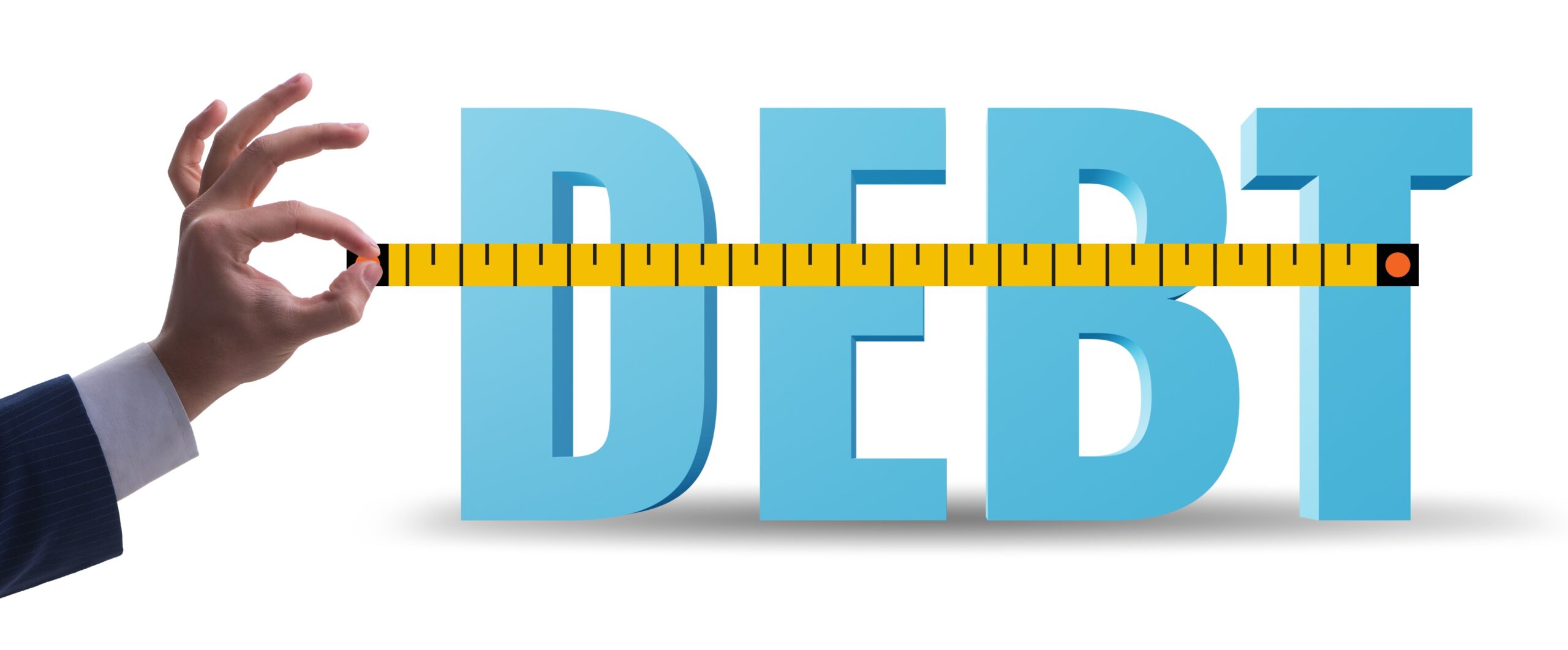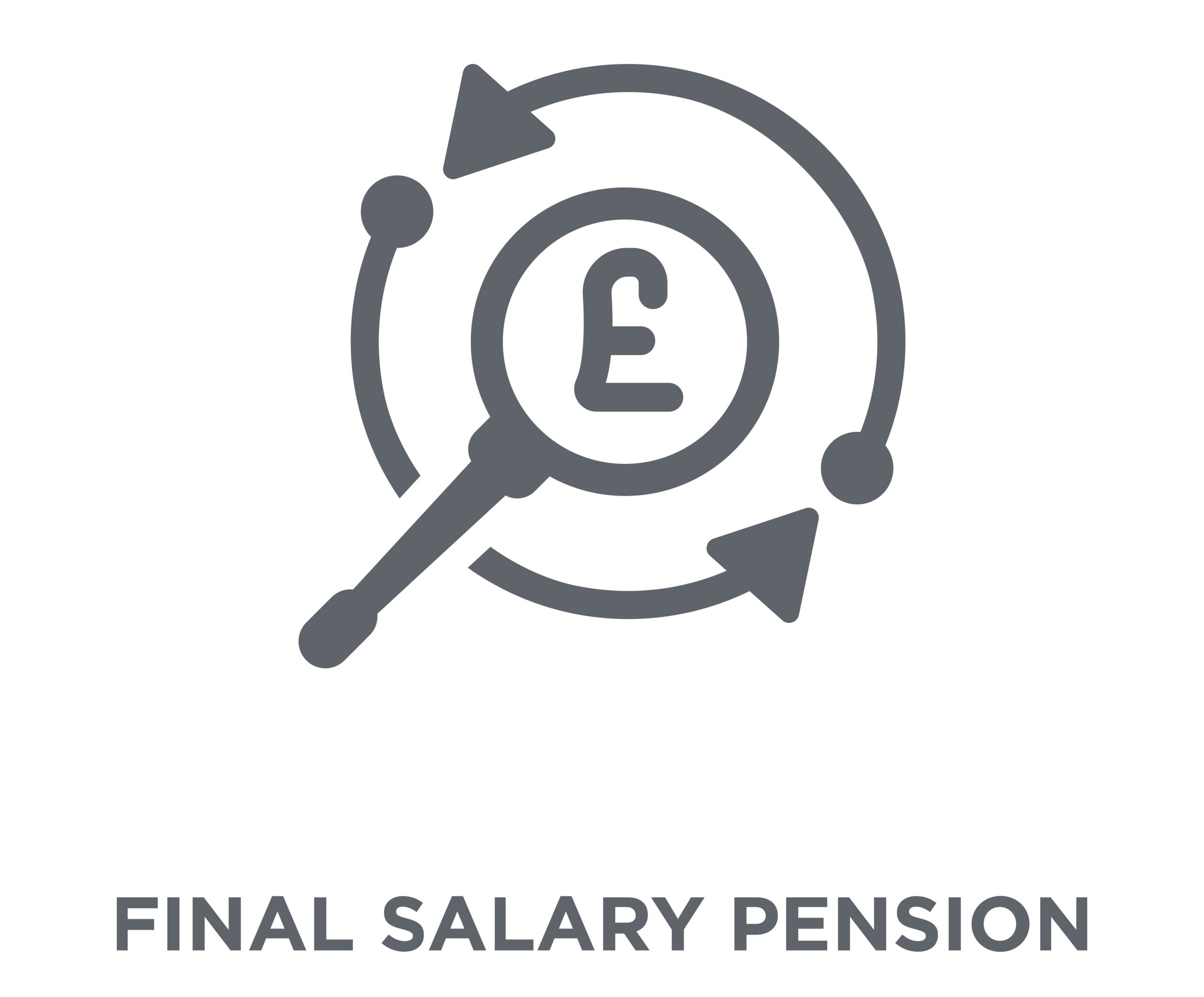To regularly calculate your net worth can be surprisingly insightful and even enjoyable. Whether it serves as a source of reassurance or a powerful wake-up call, it’s a proactive step towards building a more engaged relationship with your finances.
Instead of avoiding monetary reality, wouldn’t you rather be in the driver’s seat of your financial journey?
Establishing a system to calculate your net worth transforms what might seem a complex task into a straightforward exercise. It provides you with a snapshot of your financial health at a specific moment in time and done regularly, offers a clear understanding of the direction in which your wealth is moving.
In simple terms, the calculation involves subtracting your total liabilities from your total assets:
Net worth = total assets – total liabilities
Income and expenditure doesn’t come into this equation. Remember, it’s just a snapshot of your ‘balance sheet’ at a given point in time.
It sounds simple, yet most people are unfamiliar with their net worth. While the initial effort might seem daunting, it’s worth it for the financial clarity you’ll gain. So let’s delve into the steps you need to follow to calculate your net worth.
Physical Assets
First of all, take account of your major tangible assets. Compile a list of significant property, such as your primary residence (if you own one) and any additional holiday retreats or rental investments.
Determining the market value of property may pose a challenge, but there are websites like Zoopla and Property Price Advice which offer insights into property valuations.
Include vehicles in your assessment, but remember to factor in depreciation for a more accurate valuation.
Broaden your scope to encompass other valuable assets within this category. Consider items like precious jewellery, art pieces, diverse collections, and potentially even business properties.
Savings and Investments
A great way to keep up to date with savings and investments is to arrange online logins, if you haven’t already. Most banks and investment platforms now have user-friendly mobile apps or at least internet portals, where you can log in and check the latest balance.

Pull together a list of all your financial accounts, including those with banks, building societies, National Savings, deposits with credit unions and workplace ‘Save As You Earn’ schemes. Extend your list to include investments such as Individual Savings Accounts (ISAs), shares, bonds and other longer-term savings plans.
If you’re doing this exercise with a partner, it’s beneficial to note whether each account is held jointly or individually. This clarity adds an extra layer of precision to your overall financial position.
Defined Contribution Pensions
Navigating your pensions often proves to be the part that requires the most attention. In an era where the concept of a “job for life” is increasingly rare, many individuals accumulate a variety of pension plans from past employers.
It’s not uncommon to lose touch with pension scheme administrators over time, especially as addresses change. Chances are that when you move home, you don’t think to update your old pension schemes!
Take proactive steps by reaching out to each of your pension providers. Ensure that your contact details are current and explore the option to register for online portals, where available. This gives you the ability to monitor the value of your pension, understand its investment structure, and be aware of the fees you’re paying.

Similar to the approach with savings and investments, list each pension balance, as these are key components of your overall net worth.
Note that Defined Benefit pensions, often known as “final salary” schemes are different. They don’t have a fund value, so whilst they might provide an important part of your future income, they generally don’t have a number that can be used to calculate your net worth. More on that later.
If you suspect there are old pensions that you’ve lost contact with, it’s important to track them down. Shockingly, an estimated £26 billion sits in forgotten pension pots in the UK, so make sure your money’s not part of this statistic!
Discover more about how to find missing pensions here.
Debts
Now that you have a comprehensive list of all your savings, investments, property and other assets, it’s time to deduct your liabilities.
Make a list of all your outstanding debts, including mortgages, personal loans, vehicle finance, credit cards, buy-now-pay-later arrangements and overdrafts. Don’t forget to include any formal or informal loans you may have received from family and friends.

For the self-employed, you may need to include business loans if you operate as a sole trader or a partner. If you operate as a limited company, however, treat debt in the name of the business separately.
Whilst collating this information, take a note of the interest rate and remaining term for each debt. Although this information is not needed to calculate your net worth, it could highlight opportunities to repay debts more efficiently, as a separate exercise.
You can read more about how to eliminate your debt here.
Do the maths: calculate your net worth
Now that you have lists of all your assets and liabilities, the final step is simple arithmetic.
Add up the total value of all your assets. From this sum, subtract the total of your outstanding debts, and bingo – you’ve arrived at your net worth. For added convenience, you might like to use a simple Net Worth Calculator, available to download for individuals and couples, as a helpful Excel spreadsheet.
Bear in mind that your net worth will change all the time. Fluctuations in the value of investments and pensions, together with your own efforts to boost savings and / or reduce debts contribute to an ever-changing number.
If you complete this exercise every so often, you’ll get a sense of what direction your net worth is moving in. That can be particularly useful if you have clear financial goals, such as reaching your “financial independence number”. Broadly speaking, this is how much wealth you need in order to choose whether or not to work for money later in life.
Defined Benefit Pensions
For those employed by the NHS, police, fire and rescue, government and local authorities, valuable pension benefits build up over time, but in a different way to the defined contribution pensions mentioned above.

These operate more as a “promise to pay a lifetime of income” when you reach retirement age, rather than accumulating a visible pot of money.
Many workers in their 40s and 50s will have deferred defined benefit schemes from past employers and some may still be accumulating credits within these schemes.
If you have a defined benefit pension, you should receive annual statements with a projection of your retirement-age income. These statements should also indicate any death benefits for your family and may also detail the options for a tax-free lump sum upon retirement.
Much like Money Purchase pensions, if you’ve lost contact with old schemes of this nature, it’s important to track them down and update your contact details.
Although this type of pension provides valuable future benefits, they don’t form part of your net worth calculation. Instead, take a separate note of the future income you anticipate receiving.
In some cases, you may receive a “transfer value” for this type of pension from private sector employers. Theoretically, this gives an indication of the “cash value” of your benefits and this can often be substantial. In practice, though, it’s usually best to leave these schemes alone as transferring them may not be in your best interest.
It’s a complex area and if you have a Cash Equivalent Transfer Value (CETV) of more than £30,000, you must seek regulated financial advice before transferring. This can be a long and expensive process, and you can read more about it here.
One last thing: Self Worth
It’s important not to confuse “net worth” with “self-worth”. These two concepts belong to different realms of your life. Net worth is simply a financial metric, a numerical representation of assets minus liabilities.
To calculate your net worth can provide useful insight into your financial health, guiding decisions related to spending, saving, investing and management of debt.
On the other hand, self-worth is a profoundly personal matter. It’s about your intrinsic values, unrelated to monetary considerations. Self-worth is about recognising your strengths, relationships, achievements and value as a human being.
It’s crucial to avoid conflating these two concepts. A high net worth doesn’t necessarily translate to high self-worth. A challenging financial situation doesn’t diminish the value of you as an individual.
Striking a balance between financial success and a positive self-perception is essential for a fulfilling life.
So, whilst it’s good financial housekeeping to be aware of your net worth, take care not to use it as a measurement of self-worth.
For more about this, take a look at why your life experience is your own biggest asset and if it would be useful to talk, why not arrange an initial chat?




 Production
Production
